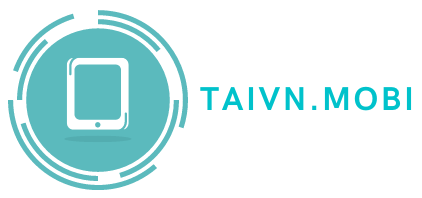The ideal way to unwind before bed could be to catch up on your favorite drama or browse social media, but these seemingly harmless activities might actually have The Impact Of Technology On Our Sleep is negative. Technology can indeed disturb your sleep, according to scientific studies. In this post, TaiVN.com will give you some Scary Effects about The Impact Of Technology On Our Sleep.
How Technology Affects Your Ability To Sleep
Blue light was released
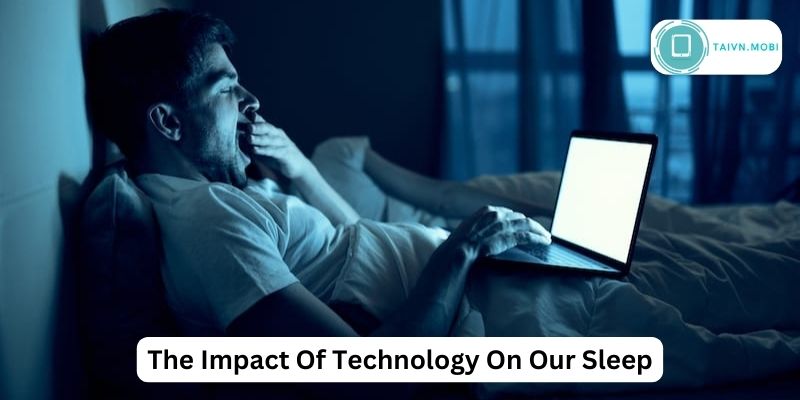
The “blue light filter” on your digital devices is a specific setting created to lessen the amount of blue light emitted from your phone. You may have heard of it. This blue light isn’t genuinely blue; rather, it’s the kind of light that screens on digital devices frequently emit. The hormone that makes you feel drowsy, melatonin, is interfered with by blue light in your body. This is why excessive blue light exposure from gadgets like cellphones makes it difficult to get to sleep or maintain sleep.
Electromagnetic radiation
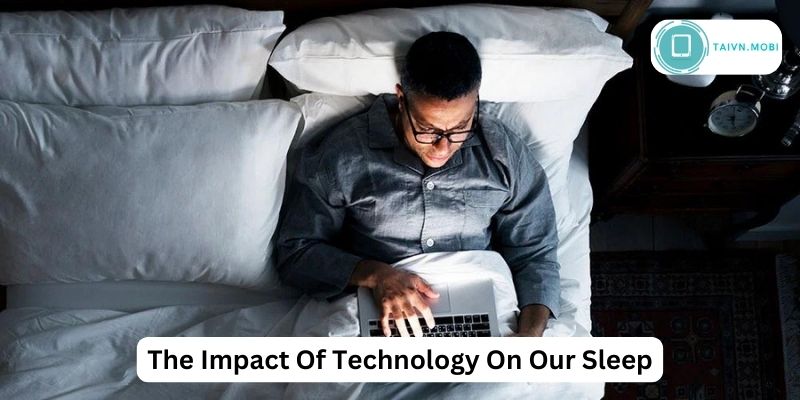
Our electronic equipment emits not only blue light but also other types of electromagnetic radiation, like those from Wi-Fi transmissions. This phenomenon, which has been supported by science, disrupts our body’s melatonin balance and keeps us awake at night, just like blue light does.
Arousal of emotions
The activities we do on our digital gadgets can keep us up at night by pushing our brains to remain awake and attentive. The adrenaline surge that comes from playing video games keeps your brain far too active to fall asleep. Even seemingly harmless activities, like participating in online conversations or watching hilarious videos, might keep your brain awake.
Notification noise
Some of us aren’t in the routine of turning off our phones’ notifications when we go to bed. While some people may be able to sleep through the noise, the bleeps and vibrations can become disruptive and wake you up too often.
The negative effects of sleep disruption
Laziness
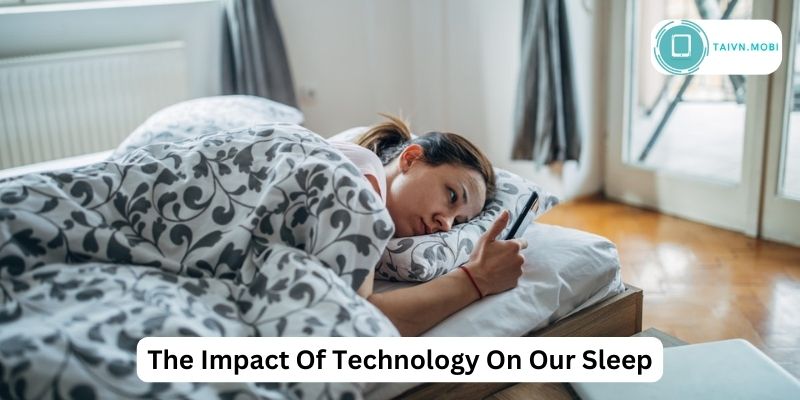
Even if you slept for the recommended number of hours, feeling lethargic throughout the day suggests that you didn’t receive enough restorative (deep) sleep, which can lead to low energy and a general feeling of fatigue.
Concentration issues and memory issues
Lack of deep sleep has a significant impact on both your mental energy and cognitive abilities. This manifests as difficulties focusing, paying attention, and remembering or recalling specific information. This mental tiredness will undoubtedly hinder your production levels if you are at work or school.
Angry attitude
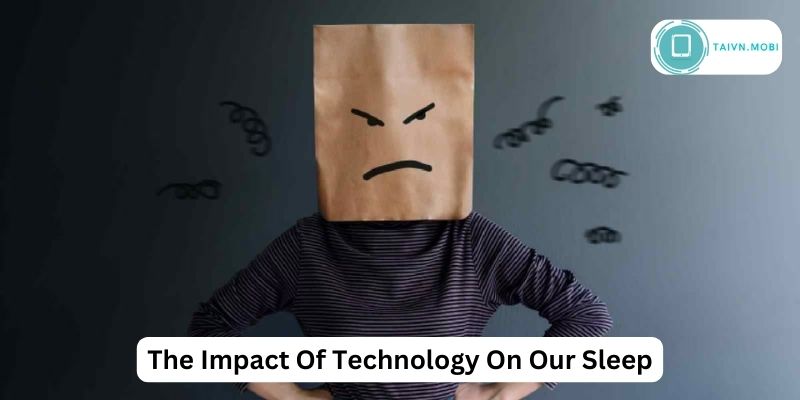
Sometimes it just seems like everything and everyone irritates you for no apparent reason. There’s a good chance that you haven’t been getting enough good sleep and that you didn’t simply wake up on the wrong side of the bed.
The Impact Of Technology On Our Sleep: 6 Steps To Better
1. Be mindful of what you eat.

How well you sleep at night is directly influenced by what you eat and drink. Alcohol and caffeine are well known for keeping us awake for a long time—up to six hours! Because of this, consuming alcohol or caffeine-rich tea or coffee after noon can make you feel especially awake right before bed. For this reason, avoid consuming these substances after 3 p.m. Furthermore, consuming too much water before bed can result in some late-night bathroom visits that may disturb your sleep.
2. Sleep and rise at scheduled times.
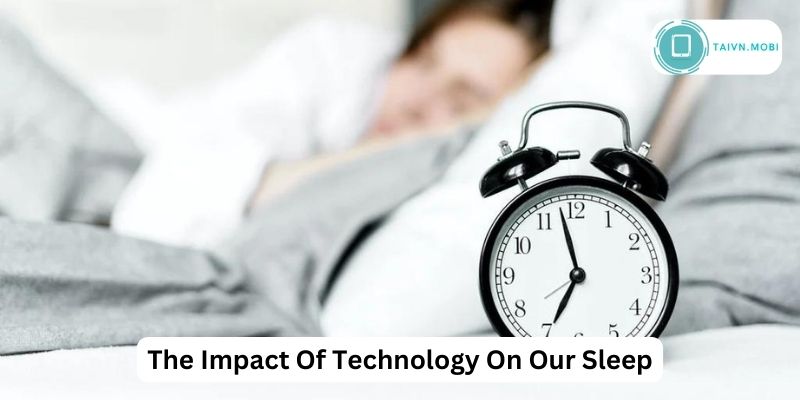
Have you ever had a buddy who claims that their “internal body clock” causes them to awaken at the same time every day? You might be surprised to learn how based in truth this seemingly mystical clock is. It controls our sleeping habits and is referred to in science as the circadian rhythm. Regular sleep and wake times will aid in stabilizing your circadian rhythm, enabling your body to recognize when it is time for bed, and facilitating deep, restorative sleep.
3. Establish a bedtime routine.
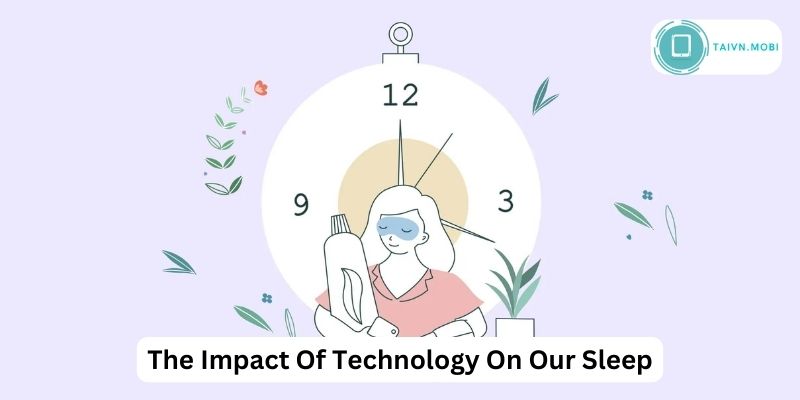
Your body will be able to drift off to sleep more easily each night if you have a pre-bedtime routine. Anything can serve as part of this sleep routine as long as it is calming and peaceful. Your body and mind can relax just in time for bed by engaging in activities like reading, listening to calming music, or taking a warm shower.
4. Avoid using electronic devices in the bedroom.
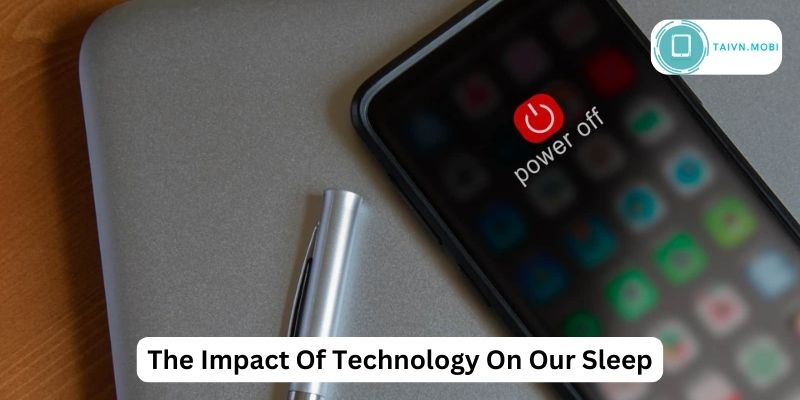
Keep your electronics out of the bedroom! There are various ways to go about a pre-bedtime routine, but they should never include using digital devices! Turn them off and leave them outside rather than charging them in your bedroom, where you could be tempted to use them.
5. Ensure that your bedroom is cozy.

Make your bedroom as cozy as you can because it will be much simpler to fall asleep (and remain asleep) there. Spending a little extra on high-quality pillows, sheets, and mattresses can significantly improve the quality of your sleep. Additionally, since your body’s circadian rhythm is sensitive to certain environmental elements, keeping your room chilly and dark makes it easier for you to fall asleep.
6. If you have trouble falling asleep, don’t force yourself to.
Don’t keep lying there and trying to force yourself to fall asleep if you find yourself lying in bed for a long period of time and merely counting down the minutes. Keeping an eye on the time simply exhausts your body and heightens your level of alertness. If you have trouble drifting off, leave the room and engage in another activity until you feel the need to go to sleep.
Conclusion The Impact Of Technology On Our Sleep
Even if utilizing your digital gadgets to unwind before bed might be enjoyable, such routines shouldn’t interfere with getting enough rest. Even if you don’t now notice how technology is interfering with your sleep cycle, these impacts may build up over time and manifest as more severe sleep deficiency issues. Stop letting technology disrupt your sleep; it’s much more crucial that you get that
